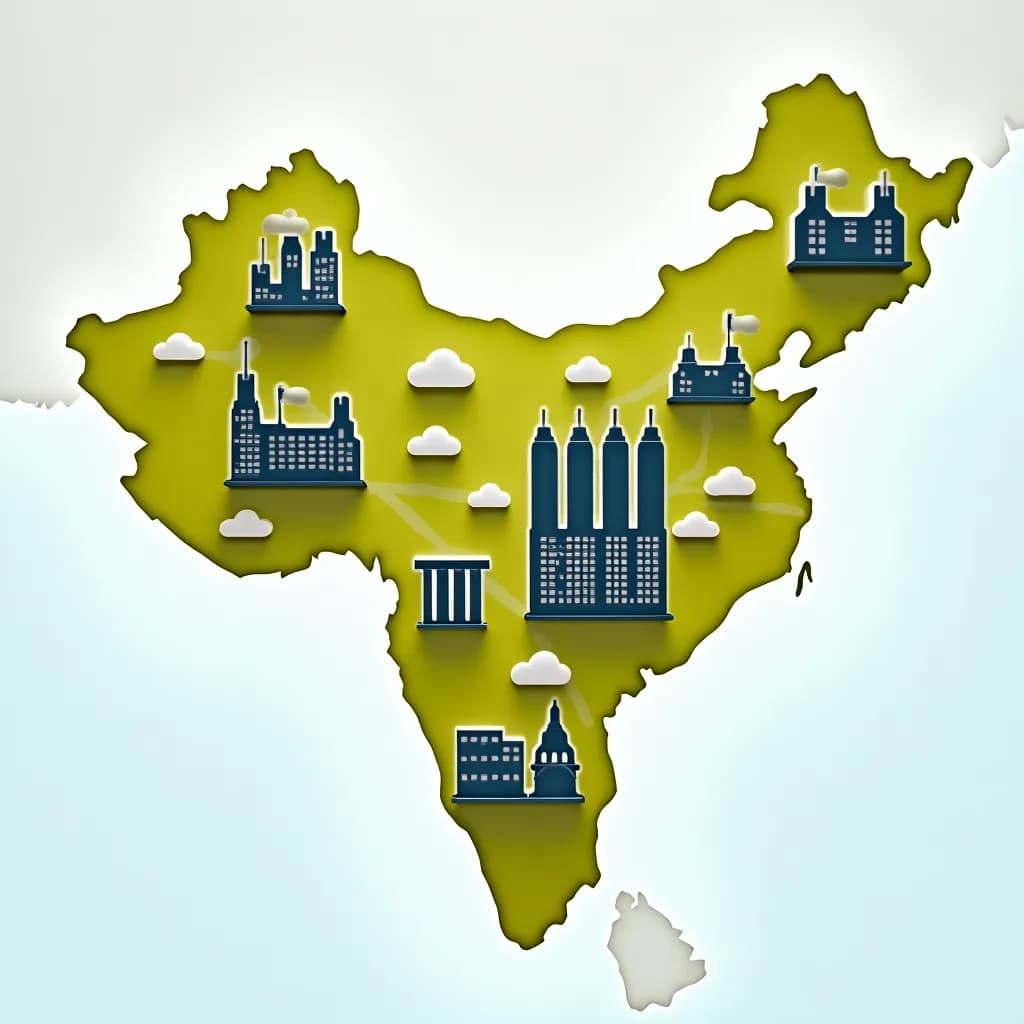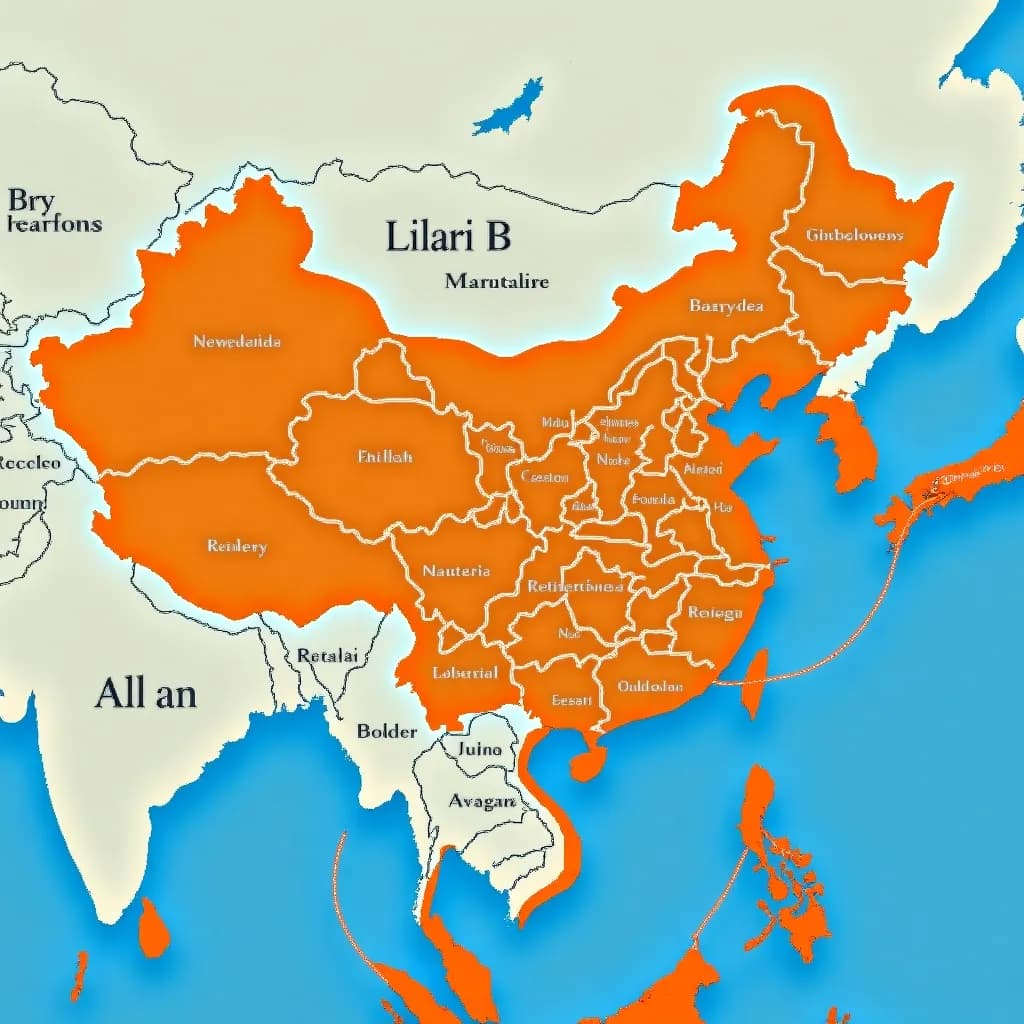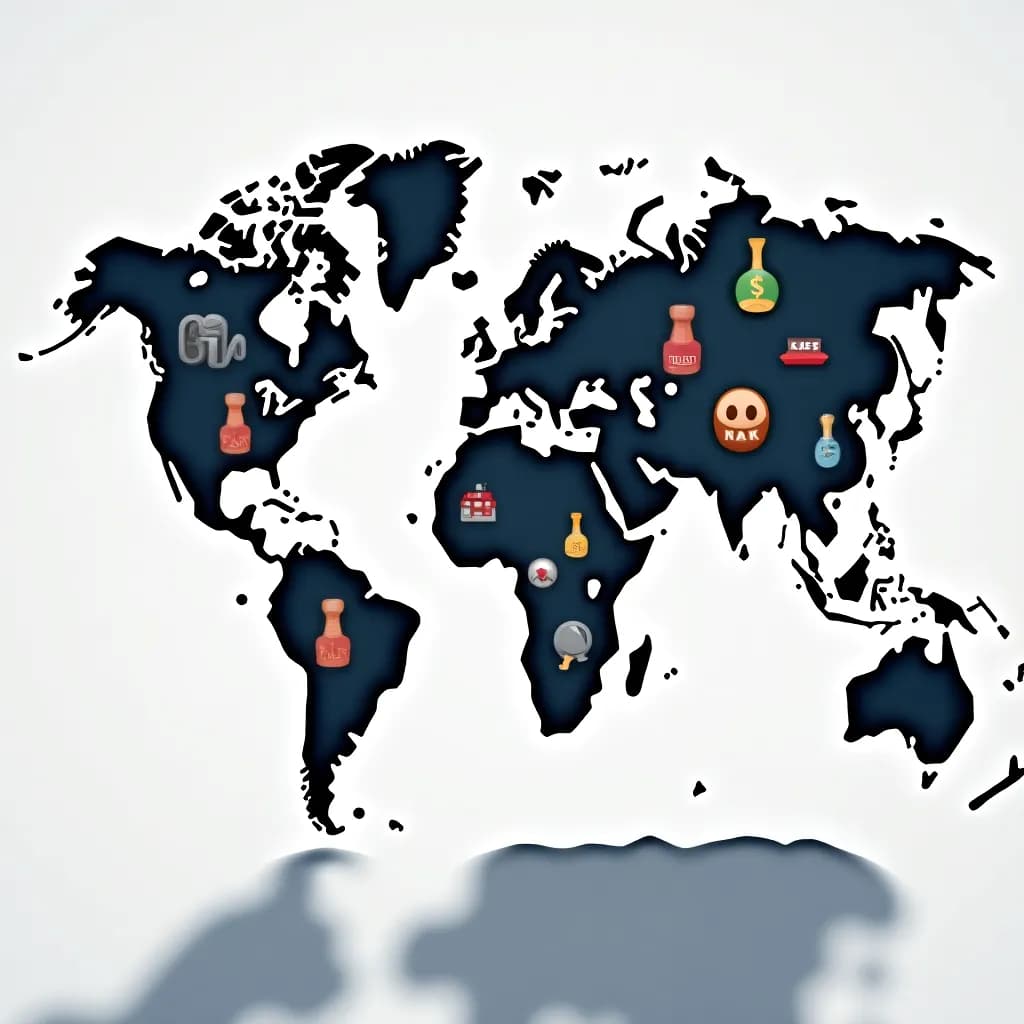In the world of international politics, the balance of power is constantly shifting. Over the past few decades, emerging economies have begun to play a pivotal role in reshaping the geopolitical landscape. Nations such as China, India, and Brazil are not only experiencing rapid economic growth but are also asserting themselves as significant players in global politics. This evolution is transforming traditional alliances and prompting a reevaluation of global leadership roles.
Rising Economic Powerhouses
Emerging economies are characterized by their rapid growth and increased influence on the global stage. According to the International Monetary Fund (IMF), emerging markets and developing economies contribute more than 60% of global growth. This shift is largely fueled by increased industrialization, technological innovation, and demographic advantages.
China, for instance, has become the world’s second-largest economy, with a GDP surpassing $14 trillion in 2020. Its Belt and Road Initiative (BRI) is a testament to its strategic economic influence, involving over 60 countries and significant investments in infrastructure projects worldwide.
Similarly, India is projected to become the third-largest economy by 2030. With a burgeoning middle class and a youthful workforce, India is poised to capitalize on its demographic dividend to drive economic growth further.
Geopolitical Implications
The rise of these economies is not merely economic but also has profound geopolitical implications. As these nations gain more economic power, they are increasingly involved in international decision-making processes. This involvement is evident in forums such as the G20, BRICS, and the Shanghai Cooperation Organization (SCO), where emerging economies advocate for a more multipolar world order.
- China’s Strategic Alliances: China’s growing influence in Africa and Latin America through investments and trade agreements has expanded its geopolitical footprint. This influence challenges the traditional dominance of Western powers in these regions.
- India’s Diplomatic Engagements: India’s “Act East” policy and its strategic partnerships with the United States, Japan, and Australia highlight its intention to play a more significant role in regional security and economic development.
- Brazil’s Leadership in South America: As the largest economy in South America, Brazil plays a crucial role in regional politics and has been a vocal advocate for reforming global governance institutions like the United Nations.
Challenges and Opportunities
While the rise of emerging economies presents opportunities for global cooperation, it also introduces challenges. The competition for resources, trade tensions, and differing political ideologies can lead to conflicts. For instance, the trade war between the United States and China reflects the complexities of navigating these new dynamics.
However, this shift also opens up opportunities for collaboration on global issues such as climate change, cybersecurity, and public health. Emerging economies have the potential to drive innovation and offer fresh perspectives on these challenges.
Conclusion
As emerging economies continue to grow and exert their influence, the world is witnessing a significant transformation in the geopolitical landscape. This shift necessitates a reevaluation of traditional alliances and the development of new strategies for international cooperation. The ability of global powers to adapt to these changes will determine the future of international relations in the 21st century.
Ultimately, the rise of emerging economies represents both a challenge and an opportunity. By fostering dialogue and cooperation, the international community can harness this shift for a more balanced and equitable global order.
In conclusion, the global shift towards the rise of emerging economies is a dynamic process that requires careful navigation and strategic foresight. As these nations redefine the geopolitical landscape, they offer a glimpse into a future where power is more equitably distributed, and international cooperation is increasingly essential.








